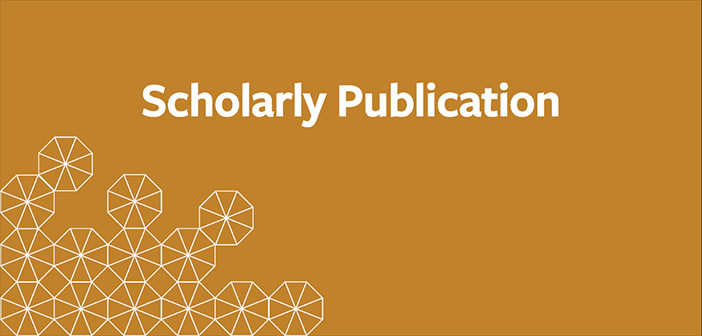Citation
Burke KC (2020) Democratic Policing and Officer Well-Being. Front. Psychol. 11:874. doi: 10.3389/fpsyg.2020.00874
Abstract
Efforts to improve police–community relationships have increased initiatives that aim to build trust and mutual respect between officers and the communities they serve. Existing literature examines the impact of internal departmental dynamics and individual-level characteristics on officers’ endorsement of community-oriented policing strategies. Research has indicated that when officers feel fairly treated within their agencies and when they are less psychologically and emotionally distressed, they report stronger support for policing tactics that increase fairness in police processes and decision making. This mixed-method study is the first to examine the reciprocal relationship by asking: How do procedurally just and community-oriented policing strategies impact officer well-being and occupational stress? Sworn officers in a medium-sized California department completed a survey assessing their views on their agency, various police tactics, the communities they serve, and their physical and mental health. Results showed that officers’ increased support for community-oriented and procedurally just police strategies are significantly associated with decreased job stress, depression, anxiety, and negative affect, controlling for race, gender, perceived job dangerousness, cynicism, and how many years they had served as a police officer. In-depth interviews with officers in the department revealed three explanatory mechanisms for these statistical relationships. First, the tenets of procedural justice provided officers with tactics that reduce the threat and stress of intergroup interactions. Second, community-oriented policing activities increased opportunities for officers to have positive interactions with the communities they work in, mitigating the distrust, cynicism, and detachment fostered by enforcement activities. Last, procedural justice and community-oriented police strategies empowered officers to counter negative stereotypes about police and reaffirm their self-image. Taken together, these survey and interview findings highlight the mutuality of democratic policing and officer wellness.

